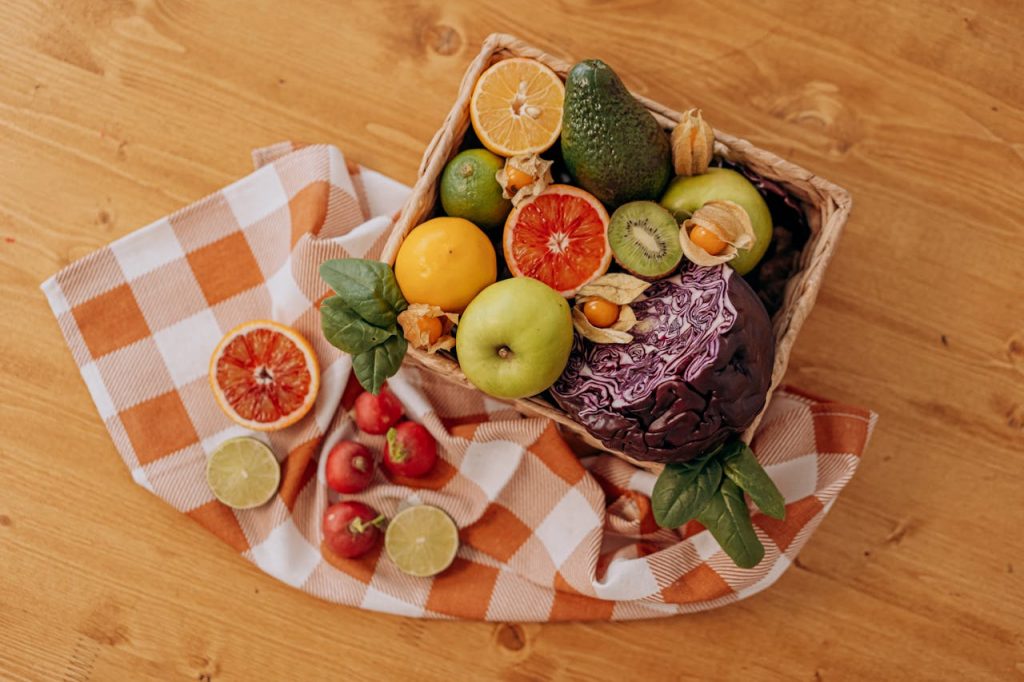How to prevent flu and colds in a child: 5 important things
These preventive measures can reduce the risk.
Illnesses – from colds to flu and norovirus – seem inevitable when “sick season” hits. “Sick season” typically runs from October of one year to May of the next and can be stressful for families and children, says Dr. Jo Ann Robinson. However, by taking a few preventative steps, parents can significantly reduce the risk of their family getting sick. How can you prevent your child from getting the flu and cold?
MigNews reminds us that one of the best ways to prevent infections is to keep up to date with necessary vaccines, but parents should not stop there. Many preventive measures can be taken even after an important visit to the doctor’s office.
How to prevent your child from getting the flu and cold: practice hand hygiene
According to Dr. Robinson, the first line of defense against illness is cleanliness and good hygiene. After all, respiratory droplets can spread germs. “Our immune systems are exposed to germs year-round. The challenge is to reduce exposure to germs that could put your children at greater risk of illness and poor outcomes,” Dr. Robinson explains.
She recommends doing a weekly home cleaning, paying special attention to visibly soiled, high-touch surfaces, daily or as needed.
“Proper hand hygiene is just as important,” says Dr. Robinson. Make it a habit to use proper handwashing techniques or hand sanitizer when necessary. Our hands often come into contact with surfaces that other people touch.” Dr. Robinson adds, “Soap and water are always the best choice, especially before eating.”
Teaching children good hygiene habits is also important. Even the youngest children can learn good etiquette when it comes to illness. “Teach them to cover their mouth and nose when they cough or sneeze,” says Dr. Robinson. This will help reduce the number of respiratory droplets that get into the air. She also advises, “If they can’t cover their nose in time, briefly turning their face to the side can minimize the effects of close face-to-face contact.”
For a runny nose, Dr. Robinson emphasizes the importance of using wipes, avoiding fingers, hands, or clothing, and disposing of them properly. “Wet wipes left on surfaces can cause germs to grow, so always keep a container nearby for disposal,” she emphasizes.
How to keep your child safe from illness: Stay active
Studies show that moderate-intensity exercise can reduce the likelihood of illness. Dr. Robinson suggests that families “spend time outdoors. It reduces stress (which boosts immunity), allows you to enjoy sunlight (which helps produce beneficial vitamin D in the body), and reduces the number of germs that can be shared in closed, cramped spaces. Just 20 to 30 minutes of exercise each day can make a big difference.
How to prevent colds and flu in your child: Stay hydrated
Since viruses and colds can cause dehydration, water plays a key role in regulating body functions, producing mucus to flush out toxins, and maintaining optimal energy levels.
Make sure your family drinks enough water every day and consumes warm liquids like herbal teas or broths when they are sick and need comfort and a boost to their immune system.
How to keep your child safe from illness: Make sleep a priority
Sleep is extremely important. It’s when your body repairs itself mentally and physically, making it a key component of immune health. People who don’t get enough quality sleep are more prone to catching colds and may take longer to recover. It’s important to establish a consistent sleep schedule for everyone in your family.
Tip: To improve sleep quality, limit screen time an hour before bed and create a calming bedtime environment for children of all ages. Consider removing gadgets from bedrooms.
How to prevent colds and flu in your child: Eat right
 Eat foods with vitamin C, Source: pexels.com
Eat foods with vitamin C, Source: pexels.com
No wellness or preventative regimen is complete without a well-balanced diet that provides the fuel and immune support families need to fight off illness. Nutritionist Maya Feller explains, “Illnesses are caused by viruses and bacteria. So the foods we give our children can help reduce the duration or severity of illness, but they are not a cure in themselves.”
If you want to boost your child's immune system, Feller emphasizes that it's important to focus on nutrient-dense foods to support their overall health:
- Fiber-rich foods like avocados, broccoli, artichokes, raspberries, and passion fruit are key. Fiber plays an important role in the diversity of “good” bacteria in the gut, which directly affects immunity.
- Increase your intake of vitamin C. Including foods like kiwi, strawberries, citrus fruits, Brussels sprouts, bell peppers, and even potatoes in your diet can significantly boost your immune system.
- Include lean proteins to boost your immune system. Proteins like chicken, fish, beans, and nuts contain essential nutrients, including zinc, which plays a key role in immune responses.
When to seek medical attention
Even if you take the most effective preventive measures, illness can still happen. If your cold/flu symptoms worsen or your fever lasts more than a few days, contact your doctor or pediatrician for proper care.
By paying special attention to nutrition, exercise, hydration, and sleep, as well as taking some preventative measures, you can give your family a better chance of staying healthy and avoiding the “sick season.”
Is it true that you can get bird flu from eggs? Here we talked about whether it’s a myth or not.

